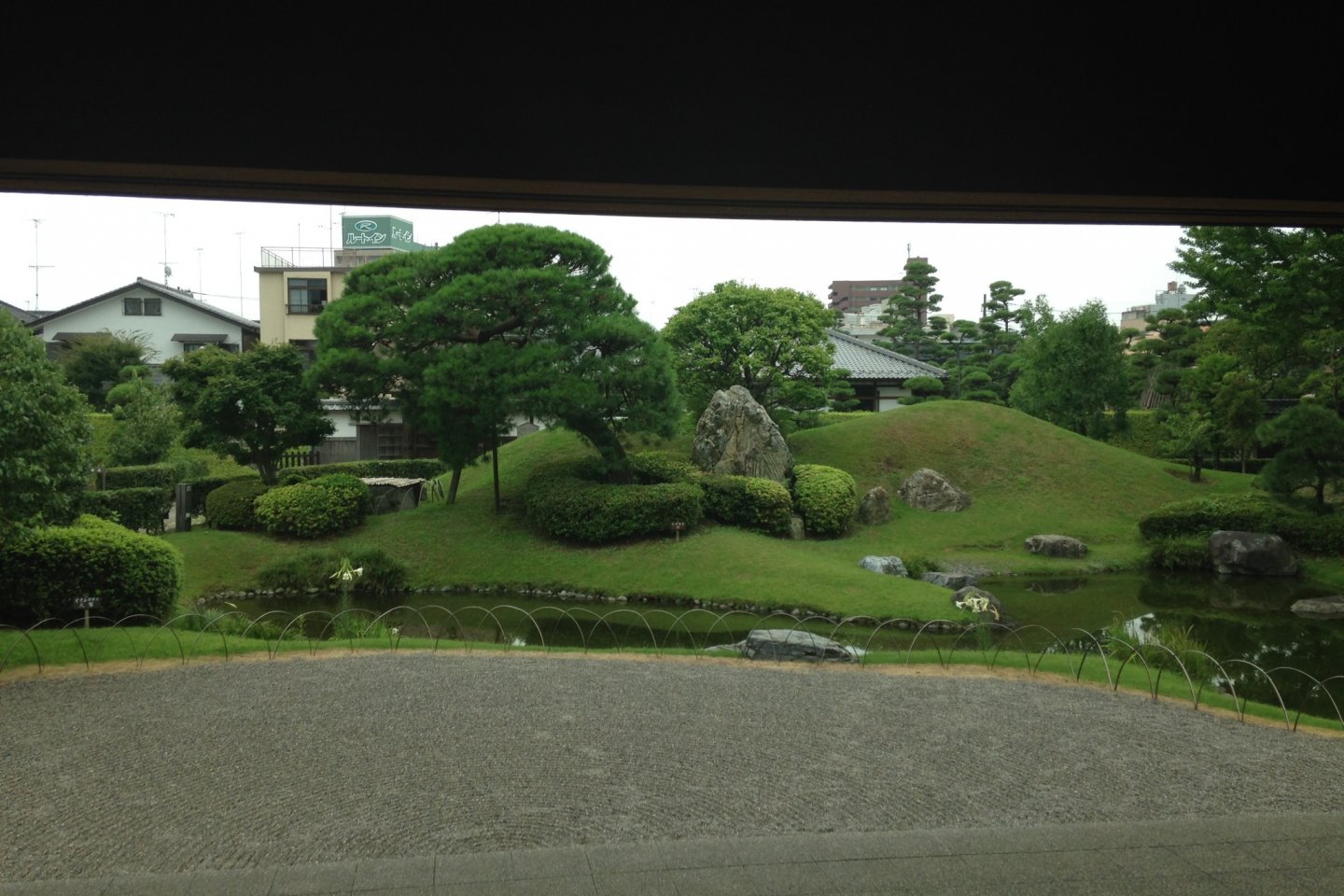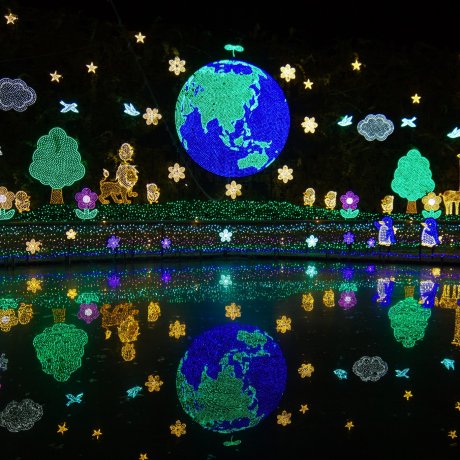

11°
Ashikaga
The Heart of Ashikaga's Cultural Heritage
Things to do in Ashikaga

Culture

1
2

13
4

1
2
Upcoming Ashikaga Events

Recommended Culture
Ashikaga Flower Park Illumination 2025-2026
The number one award winning illumination display in Japan found at Ashikaga Flower Park near Tokyo.
Latest Ashikaga Reports

Culture
Ashikaga Orihime Shrine
Yonatan FriisAshikaga Orihime Shrine is dedicated to the Shinto diety Orihime. The current shrine was built in 1937.
 24
24
Culture
Ashikaga Flower Park in the Spring
Elena LisinaAshikaga Flower Park is famous for many fuji trees and other flowers that are blooming in May, so the park looks like paradise.
 33
33





















